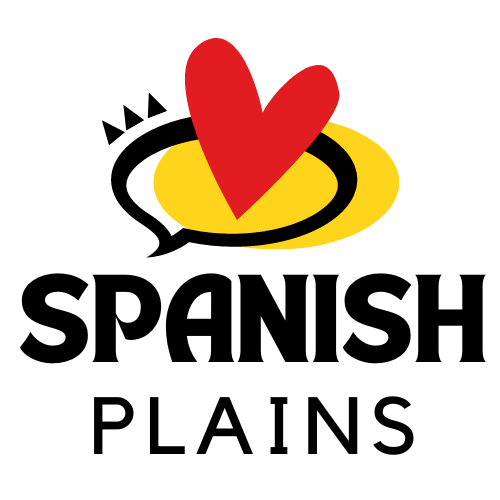Introduction
Ronda, located in the province of Malaga in Andalusia, Spain, is a captivating city known for its breathtaking views, rich history, and vibrant culture. It is one of the most beautiful and enchanting towns in the country, attracting visitors from all over the world. Ronda is the perfect blend of old-world charm and modern excitement, offering a unique and unforgettable experience to every traveler.
The Historic Beauty
With its ancient origins dating back to the Neolithic period, Ronda boasts a fascinating historical heritage. Walking through its narrow, winding streets is like stepping back in time. The city is renowned for its iconic Puente Nuevo, a spectacular bridge that connects the old and new parts of Ronda. Built in the 18th century, it offers breathtaking views of the deep El Tajo gorge and the surrounding countryside.
Cultural Delights
Ronda is a cultural hub, offering a variety of attractions and activities for every taste. The bullring, Plaza de Toros de Ronda, is one of the oldest and most impressive in Spain. It hosts bullfights and also features a museum that provides insights into the tradition and history of this controversial event. Museo Lara is another must-visit, showcasing a vast collection of antique artifacts, including weapons, clocks, and historical curiosities.
Enchanting Gastronomy
Ronda is a food lover’s paradise, offering a wide range of culinary delights. Traditional Andalusian dishes such as gazpacho, flamenquín, and pescaíto frito can be savored in the numerous charming restaurants scattered throughout the city. Local wineries produce excellent wines, particularly the rich and red-bodied wines of the Ronda Designation of Origin. Embarking on a wine tour is a fantastic way to explore the region’s vineyards and taste some of the finest wines in Spain.
Outdoor Adventures
For nature enthusiasts and adventure seekers, Ronda has much to offer. The surrounding natural parks and breathtaking landscapes provide a wide array of outdoor activities. Hiking trails allow visitors to explore the stunning Sierra de Grazalema Natural Park, which is a UNESCO Biosphere Reserve. Horseback riding, canyoning, and rock climbing are also popular activities that showcase the region’s natural beauty in a thrilling way.
Festivals and Events
Ronda is a city that knows how to celebrate. Throughout the year, the town hosts numerous festivals that reflect its vibrant culture and traditions. During the Feria de Pedro Romero, held annually in September, the streets come alive with flamenco music, traditional dress, and bullfighting. The Ronda Romantica festival takes visitors back to the 19th century, with locals dressing in period costumes and recreating historic events. These festivals offer a unique opportunity to immerse oneself in the vibrant spirit of Ronda.
FAQs
1. How do I get to Ronda?
Ronda is easily accessible by road or train. By car, it is approximately an hour and a half drive from Malaga and about two hours from Seville. If you prefer public transportation, trains run regularly from both cities directly to Ronda, offering picturesque views along the way.
2. What is the best time to visit?
Ronda can be visited year-round, but the best time to visit is during the spring (March to May) or fall (September to November) when the weather is mild and pleasant. Summers can be hot and crowded, while winters are usually cooler with fewer tourists.
3. Are there accommodations in Ronda?
Yes, Ronda offers a wide range of accommodations to suit every budget and preference. From luxury hotels with stunning views to cozy bed and breakfasts, there are options for every traveler. It is advisable to book in advance, especially during peak tourist season.
4. Can I explore Ronda on foot?
Absolutely! Ronda’s compact size makes it ideal for exploring on foot. The main attractions are within walking distance of each other, allowing you to immerse yourself in the city’s charming streets and discover hidden gems along the way.
5. Is English widely spoken in Ronda?
While Spanish is the official language, many locals in Ronda, particularly those involved in the tourism industry, speak English. However, it is always appreciated if you make an effort to learn a few basic Spanish phrases.
